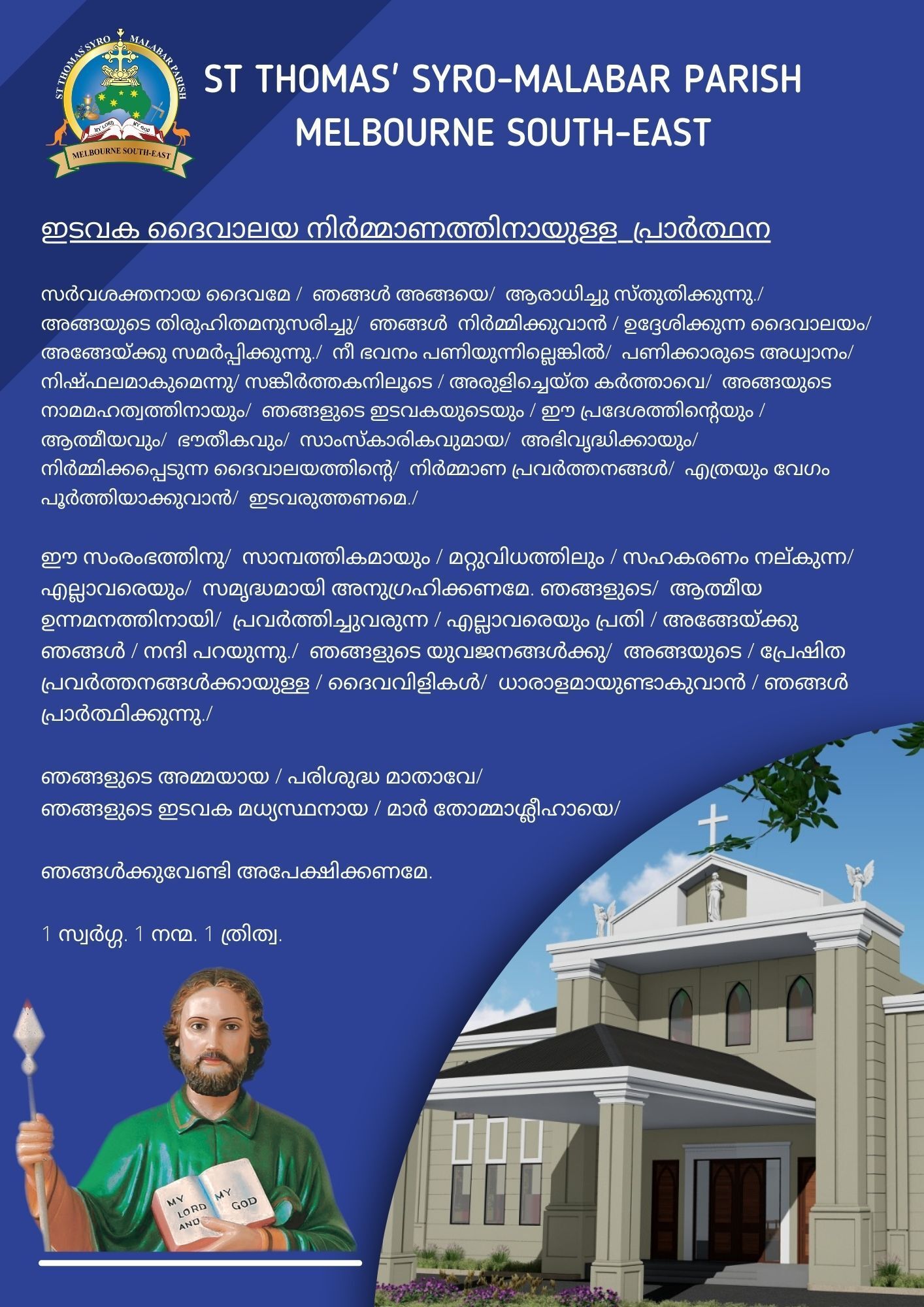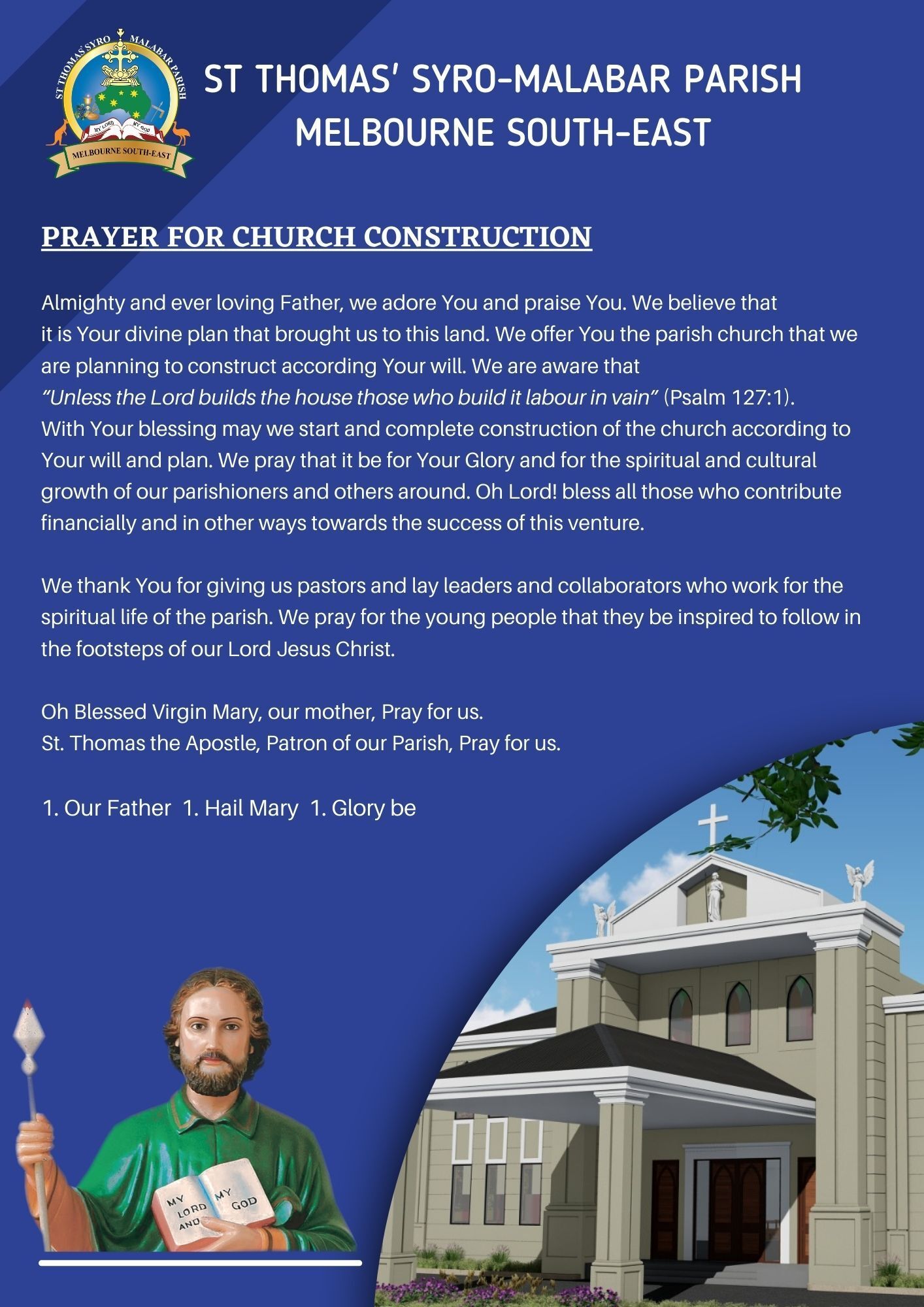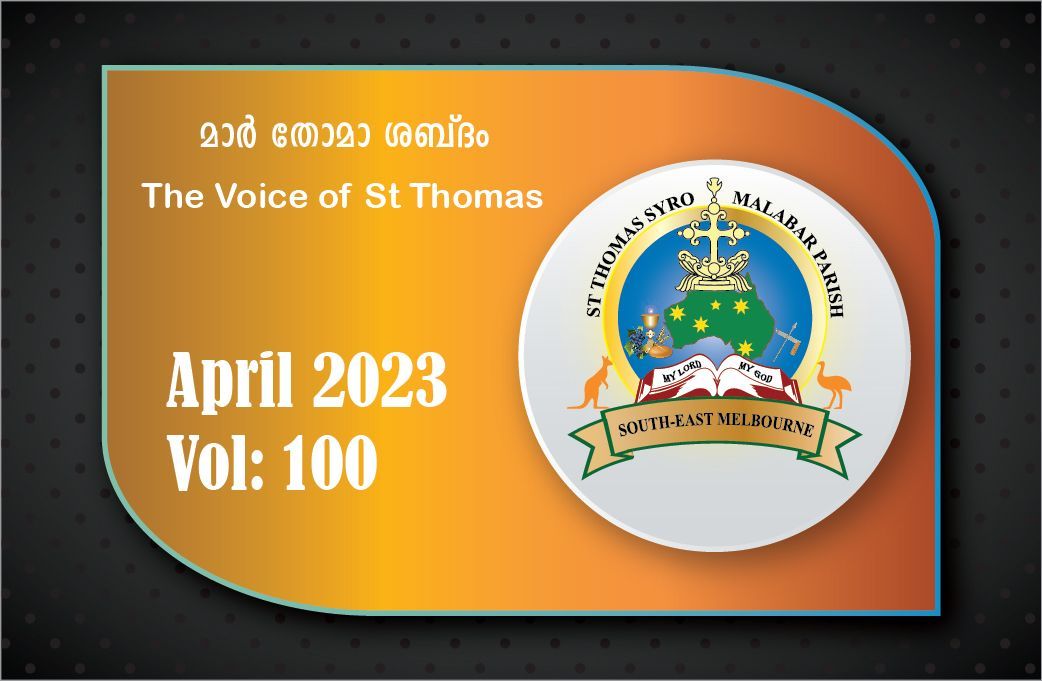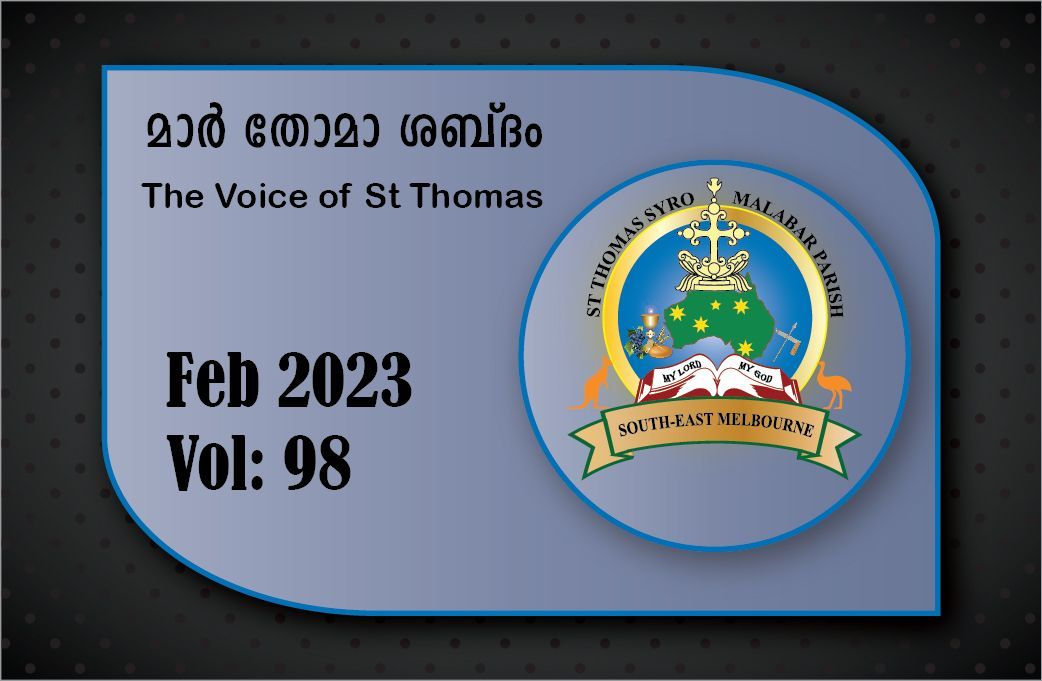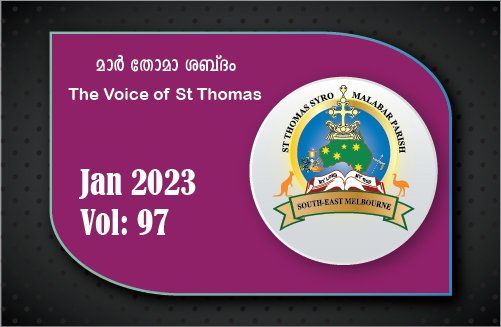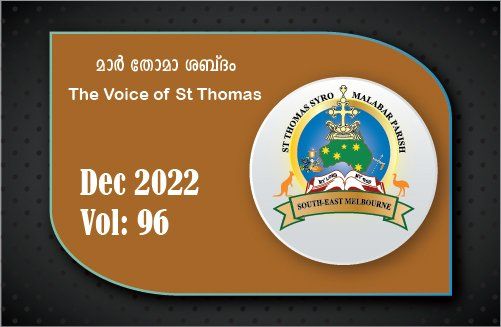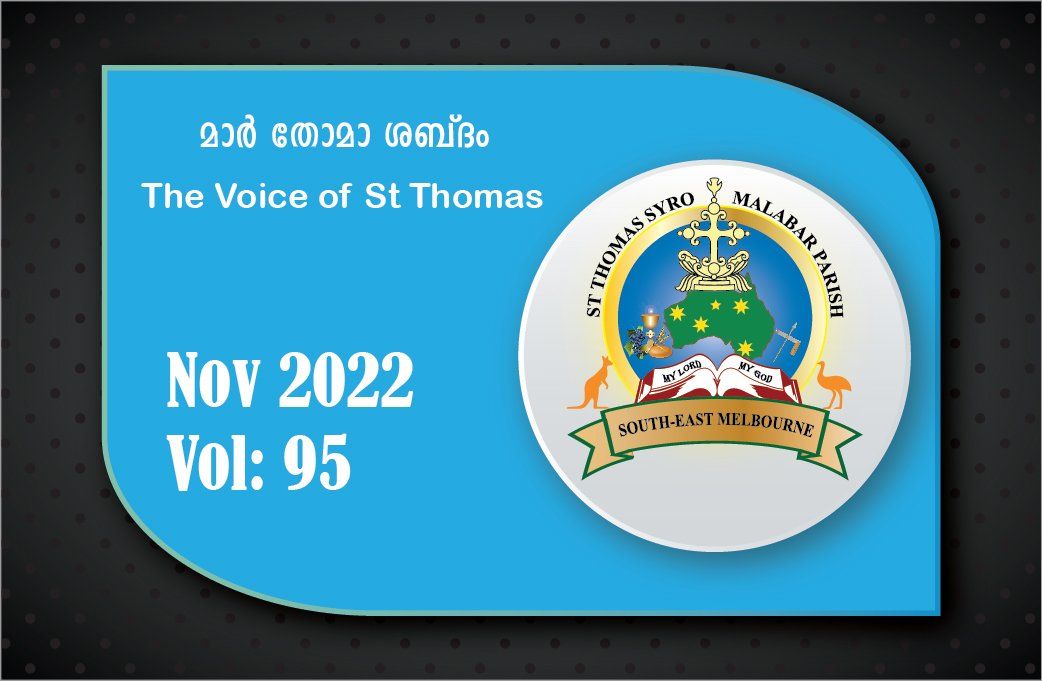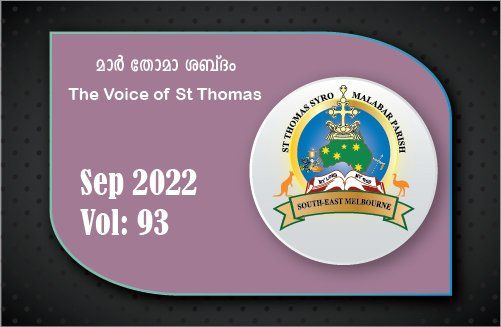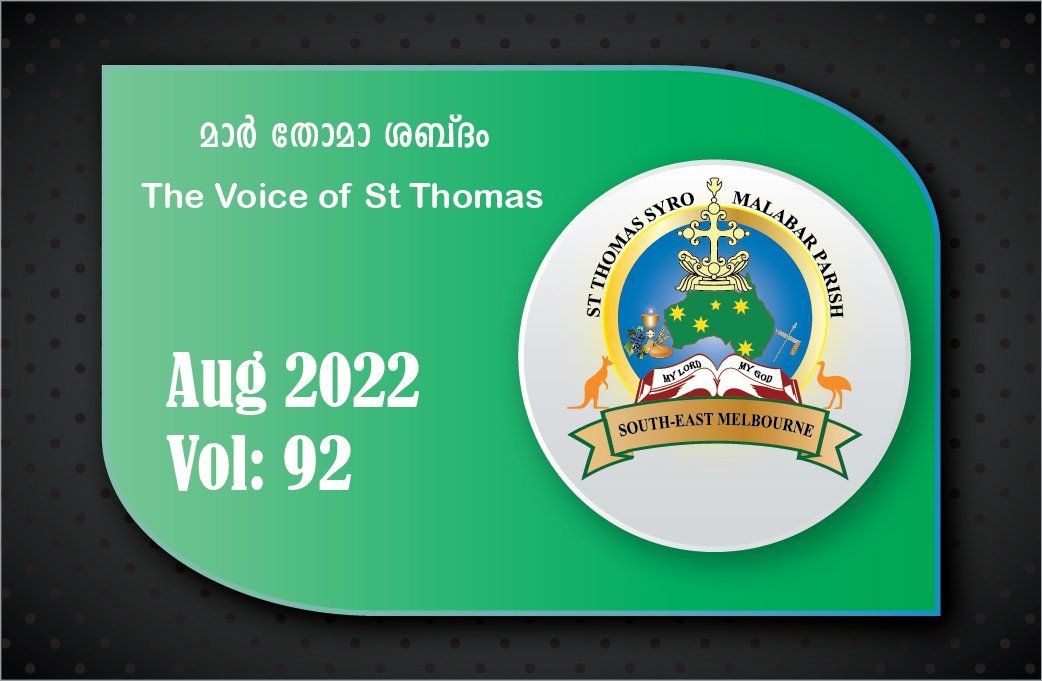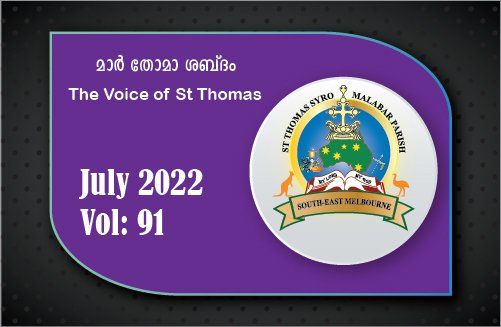The Pharisee and the Tax Collector
We are quite familiar with the parable of the Pharisee and the Tax Collector at prayer in the temple. Two illusions are noted in the Pharisee’s prayer: one, that he had no sin and, the other, that his acts of piety by itself earned him God’s favour. His prayer shows that he trusted in himself.
Now, look at the tax collector. This fellow had no illusions about himself. He knew that he did not measure up. He didn’t claim to be holy. Realizing that he was needy, he pleaded with God,
“Be merciful to me a sinner” (Lk 18.13). what was lacking in the Pharisee’s prayer – humility, recognition of his need for God’s mercy, and repentance – made up the whole of the tax collector’s plea.
The prayer of the tax collector has been part of the liturgy from the beginning. In the liturgy we pray or sing “Kyrie eleison! Lord, have mercy!” We Have it in the famous “Jesus prayer” (Lord Jesus Christ, Son of the living God, have mercy on me a sinner). In these few simple words, we confess our sinfulness, cry out for God’s mercy, and open ourselves to his forgiveness. According to the Catechism (CCC 2667) by this prayer “the heart is opened to human wretchedness and the saviour’s mercy.”
Let the words of this prayer sink deep into our hearts during this Lenten season, and remind us that the Lord is always ready to show us mercy and forgiveness. Let it teach us the same humility, trust, and openness that this tax collector knew. Then, like him, you too can go “home” to heaven “justified” (Lk 18.14).





